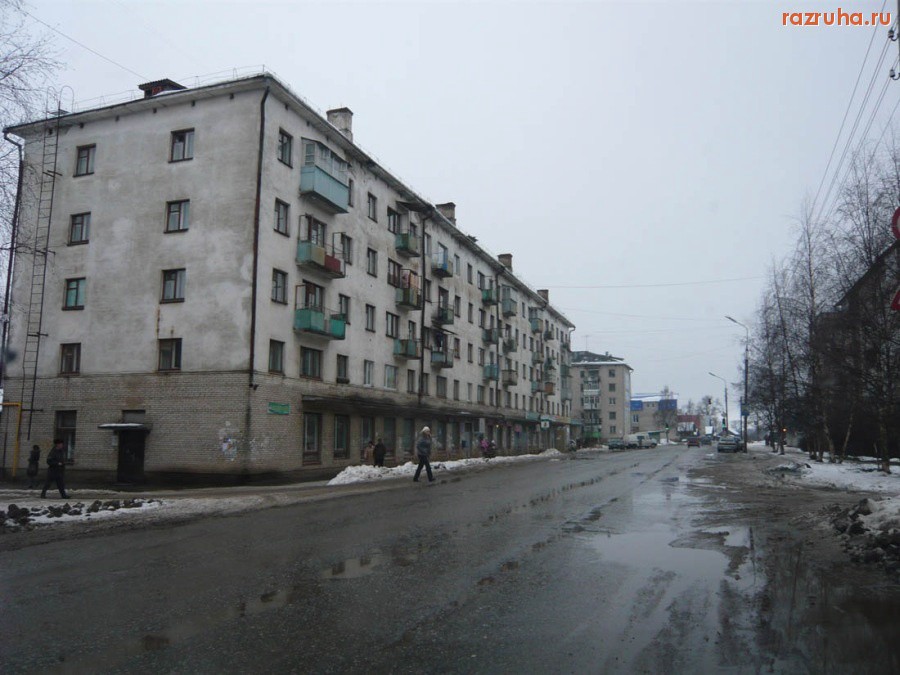Russia’s economy is in terrible shape
After World War II, the Soviet Union became a global superpower capable of competing with the United States. In 2020, Russia's largest enemy will be its own economic stagnation. Due to over-reliance on energy exports, lack of foreign investment and chronic capital flight, as enterprises cannot rely on the rule of law to protect their transactions or prevent attempts to extort/bribery the Russian economy is in a terrible state.

The news that Vladimir Putin, the Russian tsar of recent days, plans to endlessly hold on to power is not surprising. However, this is very worrying for Putin’s sacrifice - mainly the Russian people and Western democracies. The average nominal monthly wages fell below $450 per month in 2016, and tax on the income of individuals is payable at the rate of 13% on most incomes. Approximately 19.2 million Russians live below the national poverty line. This all-embracing Russian poverty is everywhere: in people’s houses, clothes, the cars they drive, the food they eat, the entertainments they have.
Preliminary Rosstat figures show Russian gross domestic product (GDP) growth in the first three months of 2019 was just 0.5 percent year-on-year, a figure well below even the most cautious forecasts. Chief economist of BCS Global Markets Vladimir Tikhomirov attributed the first quarter 2019 underperformance to three factors — weak consumption as consumers had to absorb the pension age increase and a higher VAT rate in January, as well as much more unpredictable warmer winters that lower utilities output, a big contributor to the GDP number, as well as slower growth of state military orders.
Foreign direct investment (FDI) has fallen to next to nothing and if the money reinvested by foreign companies already working in Russia (which counts as FDI) is discounted, then actually FDI is negative as some smaller foreign investors have left Russia as the economy becomes increasingly moribund.The VAT hike also hit wages as the increase in nominal wages of just 5.5 percent year-on-year in the first quarter was almost entirely eaten up by the similar increase in inflation.
Putin’s supposedly transformative national spending projects worth an eye-watering $390bn have largely failed to materialise. His promises of economic modernisation and raised living standards must be set against a consecutive five-year fall in real wages and cuts to state pensions. Putin is already feeling the squeeze after state pollster VTsIOM reported that trust in the president fell to its lowest level in almost two decades, to 31 percent in May whereas it used to be over 70 percent ten years ago.
The slow pace of progress in the implementation of the national projects led Putin to chew out deputies on live TV and has fuelled tension between the various branches of government. The Kremlin has put a lot of store in the national projects which is the state's leading investment programme, but critics say not enough attention has been paid to improving the business environment and state-led investment by itself will not be enough to spur growth to get to the 3 percent GDP growth target by 2021. At most, the programme may increase Russia’s economic potential by 0.5 percent, the International Monetary Fund said.
Corruption is widespread
Russian proverb: “Ne podmazhesh — ne poedesh”. Means “if you don’t grease the wheels, the cart won’t go”. And boy, do you need the grease when living in this country…
A gift to a doctor is not just a gratitude, it’s the assurance that (s)he will pay enough attention to your health issues. Same with nurses, if you want them to change bed and clean urinals after your severely ill relative — you need to be extra “grateful” to them. The fact that all these people must do that for free because that is their direct job and they are getting paid for it is totally ignored. Same applies to universities and colleges — you can buy your spot there and\or keep paying teachers to pass exams. Same applies to the army — parents pay enormous buybacks to allow their kids to dodge the humiliating service in Russian army.
As bne IntelliNews recently argued, corruption is the system in Russia, but it is a little more sophisticated than that. Putin is increasingly leaving the apolitical parts of the economy to the state apparatus to run, where market forces and the rule of law are supposed to apply, but he keeps control over those parts of the economy where the state makes and spends the most money, and where only his personal rules of the game apply. His state capitalism alternative is probably founded in a belief that the rule of law is insufficient to stop corruption in Russia – or at least it can’t be put in place fast enough for him to use it as a way of transforming the country.
Conclusion
The total “pay-to-win” culture in Russia leaves no questions why the most powerful people in the country steal billions of budget money and people are somewhat okay with that: they do the same everyone else does, only on the bigger scale.
Sources:
https://www.russiamatters.org/analysis/russias-national-projects-economi...
https://www.intellinews.com/meet-the-stoligarchs-putin-s-pals-who-contro...

